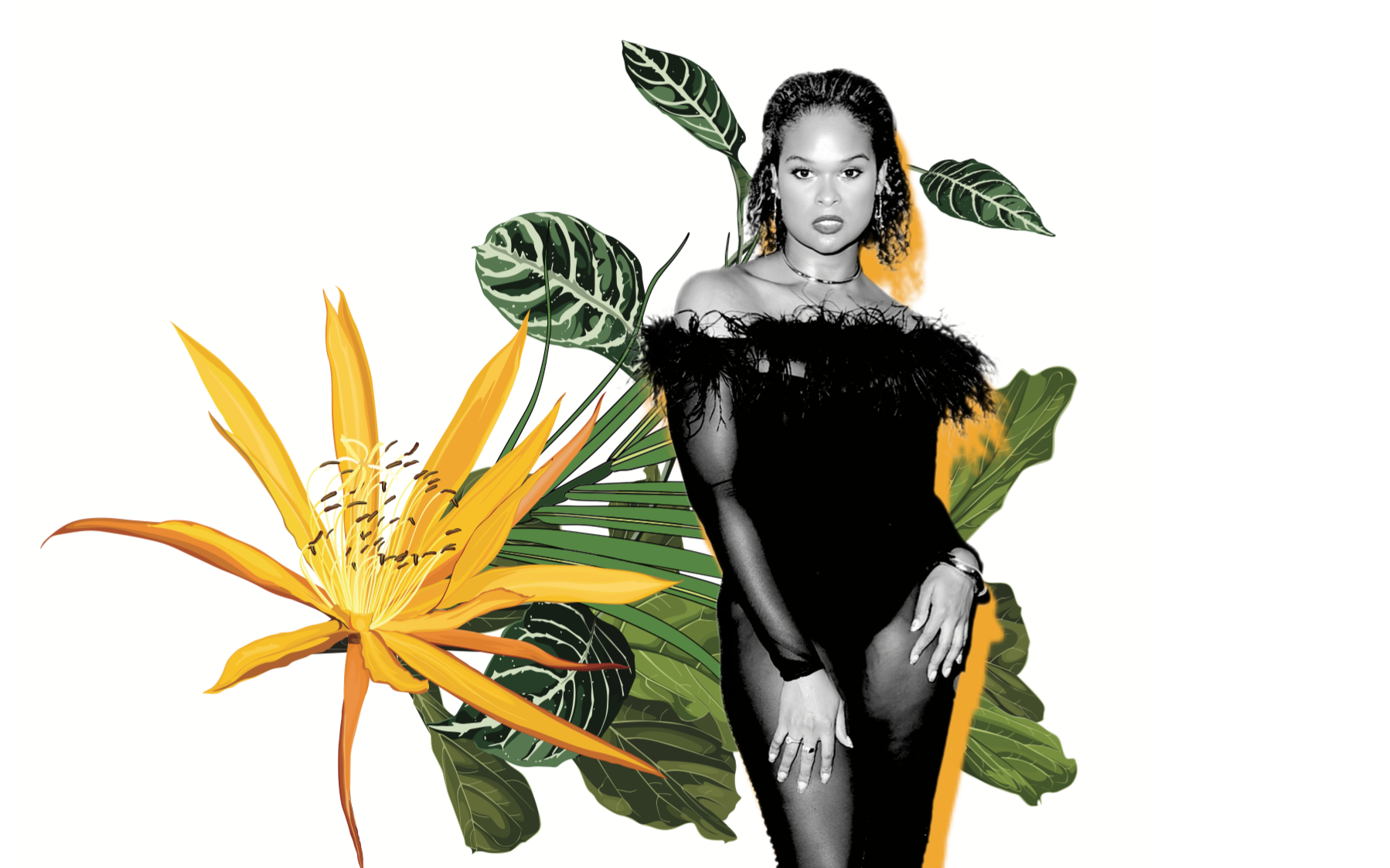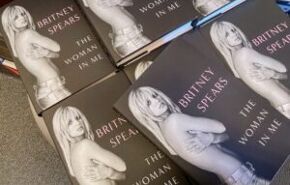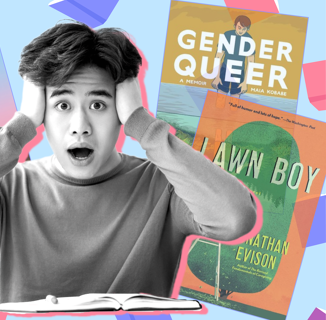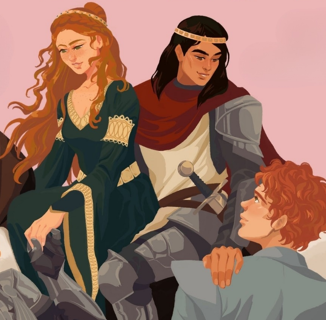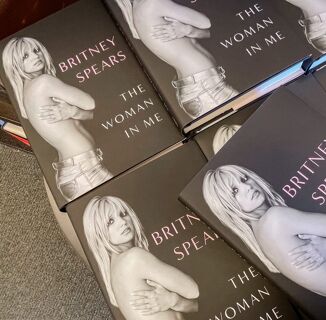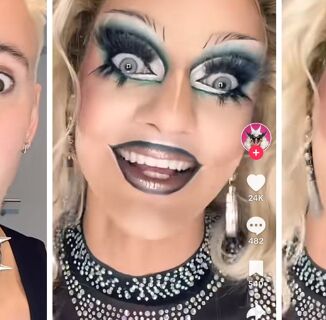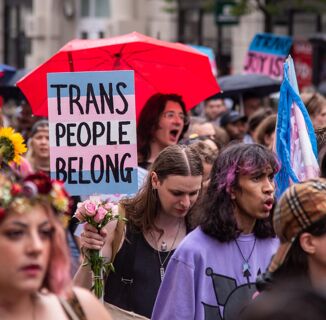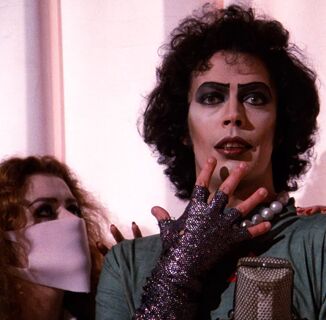And the day came when the risk to remain tight in a bud was more painful than the risk it took to blossom.
Raquel Willis, “The Risk It Takes to Bloom: On Life and Liberation“
What is the power of storytelling? How do our personal narratives affect the broader landscape of the communities we’re a part of? Of the nation we live in?
In the first six months of the 2022-23 school year, Pen America reported over 1,400 banned books, barring students’ access to the knowledge inside books like George M Johnson’s All Boys Aren’t Blue, Alice Walker’s The Color Purple, and many more titles, with 30% of titles about race and racism and 26% with LGBTQ+ characters or themes. And yet, while these bans continue to challenge students’ agency and raise censorship concerns nationwide, writers like Raquel Willis continue to share their stories and embody their authority through authorship.
In her newly released memoir, The Risk It Takes to Bloom: On Life and Liberation, Willis recounts her life as a Black transgender woman from her roots in the southern US to her expansive career in activism and journalism. Sharing lessons learned and offering points of reflection for readers through her story, Willis shows how complex moments can push us all to take the necessary risks to bloom toward collective liberation.
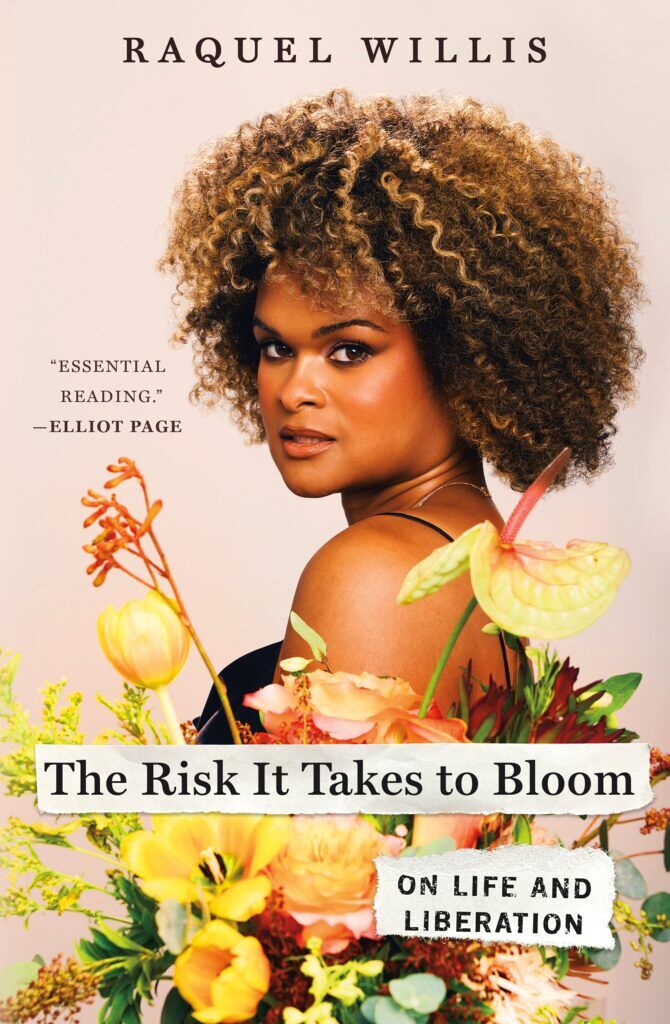
But just like a flower, these nuanced reflections and love for the art of writing did not start fully formed but rather were planted and watered by her love for books in her youth.
“Books were very crucial for me growing up. When I started coming into my queerness, I was hungry for books that spoke to that identity. And because I wasn’t finding that at school, or just in general in everyday life. As a teenager, I started trying to find those books,” Willis tells INTO. “I think it really wasn’t until college that I moved more into a nonfiction space, and that was where I was exposed to Maya Angelou’s I Know Why the Caged Bird Sings, the autobiographies of Malcolm X and Bell Hooks, and so many of these incredible Black writers.”
Related:
10 Must-Read Books for LGBTQ+ Teens
Because reading is WHAT? Fundamental.
Embedded in Georgia’s public education system, Willis recounts experiencing the lack of holistic reflections of her Black queer identity in the curriculum and literature. After finding the works of Zora Neale Hurston, Patricia Hill Collins, and more — later in life, the broader lack of LGBTQ+ representation accompanied by Willis’ intake of feminist and gender liberation theory emboldened her to the medium of the memoir to share her story.
“When I was in journalism school, Laverne Cox hadn’t been on ‘Orange is the New Black’ [and] Janet Mock hadn’t released her powerful memoirs, and so I knew that there was a space to tell the story of coming into my womanhood and my identity,” says Willis. “There hasn’t been, to my knowledge, a deeper dispatch on Black trans-southern experience, probably since Lady Chablis’ Hiding My Candy in the mid-90s, so that felt important. There also hasn’t been a perspective on life in the United States in the middle of the movement for Black lives and the current feminist movement and LGBTQ+ movement from a Black trans activist perspective, and so that also felt important, too.”
Condensing years of one’s life story into pages of a book is no easy feat. Taking about three years from conception to its November 2023 release, Willis shares that the process wasn’t simply recounting stories but rather required her to dive into what she calls the “chaotic creative.”
Willis sifted through shared memories with loved ones and unearthed her happiest moments and the “emotionally taxing” ones as well. “It can be very difficult to focus on such a consuming medium as a memoir. It required a lot of rich conversations with people close to me, whether it was family, partners, or friends [to] flesh out the contours of, what is my experience? And what was your experience of this? And how do I best tell this story with enough grace that it doesn’t negatively impact your life,” says Willis.
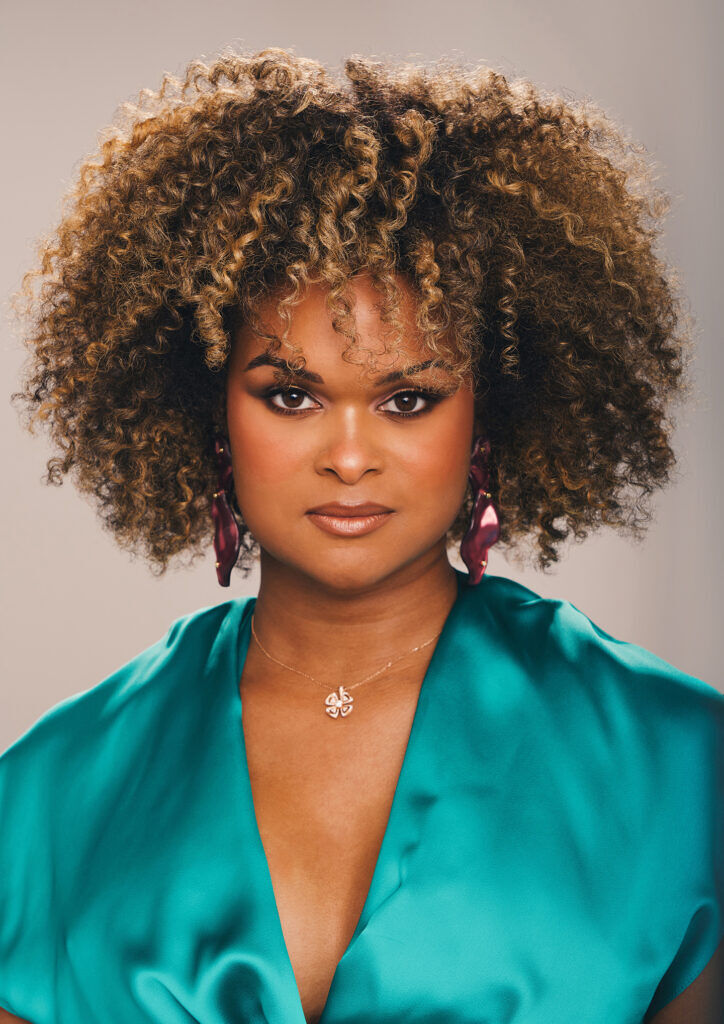
“Throughout the book, I write these letters to people who have departed this world that left an indelible impact on me. I start with a letter to my father, and within it, I reckon with the death of his expectations. I write letters to a young trans teen named Lila Alcorn, who died by suicide … I write letters to China Gibson and Leyline Polanco … two other Black trans women who faced grisly deaths, trying to put words to the feelings of dehumanization and being discarded that I think many Black trans people feel — especially Black trans women — was an enormous task and not something that I took lightly.”
Literature as history. Literature as remembrance. Literature as resistance. The Risk It Takes to Bloom: On Life and Liberation comes at a time in our nation where the erasure of stories is prevalent in more than just the loss of written works but also in the uptick of inequality and the decline of political freedoms for marginalized people.
Related:
From Babs to Britney, we’re officially entering a golden age of memoir
Get excited, because 2024 is chock full of incredible queer memoirs.
Willis’ memoir joins the works of writers like Janet Mock, Maya Angelou, and others who paved the way for a book like hers to exist. In it, Willis hopes to break past cycles of unhonored truths and leave something behind for the generations after her to be inspired by her work to share their own stories.
“I think that in journalism school, I learned that, in general, the lived experience wasn’t truth, right? It was always something neutral, this kind of like, both sides-ism, which I think in this era, we know actually, is harmful, and literally destroys lives and gets people killed,” says Willis. “So I think the task with storytelling now, after years of an unveiling around rampant misinformation and disinformation, is actually like our stories are our truths. They are powerful, and our people need them.”
“It’s an honor to share my story on this level,” says Willis. “And it definitely is a lifelong dream, an opportunity to connect deeper with others. Maybe I can unlock something in other folks just like so many of those other people, particularly Black women writers, did for me… I can leave some breadcrumbs for other Black trans women to tell our stories.” ♦
Related:
How to hack nearly every queer book ever written
Book bans can’t stop us
Interview has been edited for length and clarity.
Photo illustration by Matthew Wexler. Photos by Vivien Killilea/Getty Images for GLAAD, Shutterstock.
Discover more

An exclusive series exploring book bans, the legacy of queer bookstores, and the next generation of queer literary voices.
This article includes links that may result in a small affiliate share for purchased products, which helps support independent LGBTQ+ media.
Help make sure LGBTQ+ stories are being told...
We can't rely on mainstream media to tell our stories. That's why we don't lock our articles behind a paywall. Will you support our mission with a contribution today?
Cancel anytime · Proudly LGBTQ+ owned and operated
Read More in Reading is Fundamental
The Latest on INTO
Subscribe to get a twice-weekly dose of queer news, updates, and insights from the INTO team.
in Your Inbox

